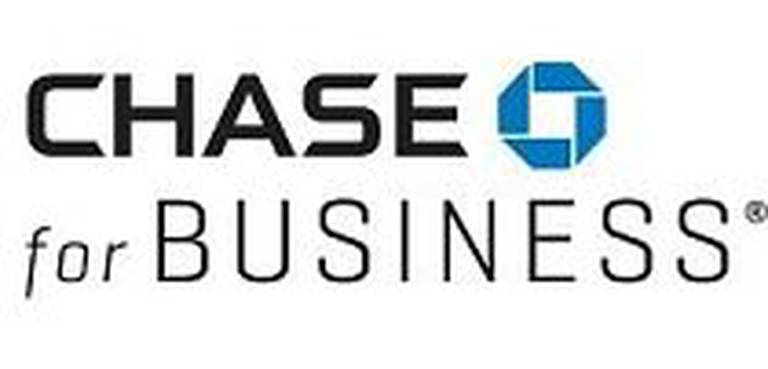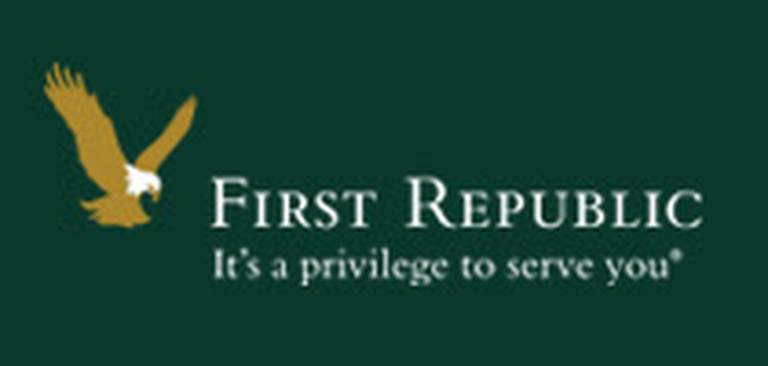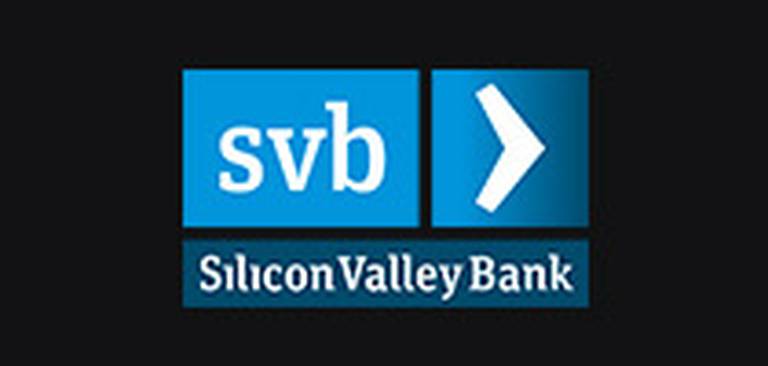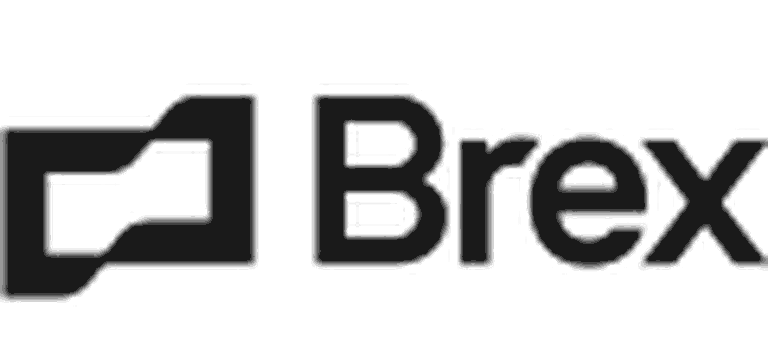One of the biggest hurdles of running a startup is managing your financials. From accepting payments to paying for expenses, you need a bank account that can handle the financial tasks you need to get done. We took a look at some of the top-rated bank accounts for startups to help you find the best option for your business.
| Bank Name | Fees | APY | Minimum Balance | Top Feature |
|---|---|---|---|---|
| Chase Business Complete Banking | $15 monthly service fee (Waived if you meet certain criteria) | None | $0 or $2,000 daily balance to avoid the monthly service fee | Reliability of a large bank and access to many different business banking accounts like loans and credit cards. |
| Mercury | No maintenance fees | None | $0 | Features an API that lets you customize your banking experience. |
| Bluevine | None | 2.0% on balances up to $250,000 - Eligibility requirements apply. | $0 | No fees and above-average interest earnings. |
| Brex Cash | None | None on Cash accounts | $0 | Earn rewards on Brex Card purchases that can be redeemed for cash back, gift cards, or miles. |
| First Republic Bank Business Analyzed Checking | $30 monthly maintenance fee | None | Minimum opening balance of $5,000 | You earn a monthly earnings allowance which can be used to offset maintenance and management fees. |
| Silicon Valley Bank Edge Account | Free checking for the first 3 years of your account | 1% on balances up to $1 million with Startup Money Market Account | $0 | SVB offers startup resources and programs to help grow your business — and your bank account. |
| Lili Bank | None; $9 for Lili Pro | 1.50% APY on savings with Lili Pro | $0 | Tax tools let you put aside earnings for taxes and easily categorize expenses in the app. |
Chase Business Complete Banking SM

- Minimum Balance: $0 or $2,000 daily balance to avoid the monthly service fee
- APY: None
- Transaction Limits: 20 no-fee transactions per month
- Fees: $15 monthly service fee, which can be waived if you meet eligibility requirements
- Credit Cards: Yes, six different business card options to fit almost any business.
- Loans: Business Loans and Lines of Credit
- FDIC: Yes
- International Availability: No
JP Morgan Chase Bank, the parent company of Chase Bank, is a major provider of banking and financial products in the U.S. Choosing a business bank account from Chase may come with a few extra fees compared to other options, but you can be sure you’re getting a reliable banking experience for your startup.
A Chase business checking account is great if your business needs access to other banking products, specifically credit cards and business loans. As a full-service bank, Chase can offer a variety of financial services, such as merchant services for retail businesses. If you’re a larger company or have a lot of transactions, you’ll probably need to opt for a higher-fee premium account from Chase or consider other banking options.
Visit Chase Business Complete BankingSM or read the full Chase Business Checking Review
Lili Bank

- Minimum Balance: $0
- APY: 1.50% APY on savings with Lili Pro
- Transaction Limits: Spend up to $5,000 per day and withdraw up to $500 (including any ATM fees) in cash per day. Make ACH transfers from other banks up to $1,000 and $5,000 per month. Deposit checks up to $5,000 fifteen times per month ($50,000/month maximum).
- Fees: $2.50 for out-of-network ATMs
- Credit Cards: No
- Loans: None
- FDIC: Yes
- International Availability: No
Lili is a straightforward, simple online checking account designed for freelancers. That means you’ll need to use your real name and Social Security number to sign up for an account. There are no credit cards or rewards, but there are also no fees and Lili’s tax tools make it easy to save for tax time.
Lili is best for freelancers who don’t have a lot of monthly or high-value transactions. The transaction limits make it difficult to use Lili if you’re making large transfers each month or make a lot of individual sales that require multiple transactions. However, if you need a business checking account that makes it easy to see your spending and automate your savings as you get your freelance business up and running, Lili could be a good fit.
Visit Lili or Read our full Lili Review
Bluevine

- Minimum Balance: $0
- APY: 2.0% on balances up to $250,000 - Eligibility requirements apply.
- Transaction Limits: None
- Fees: None
- Credit Cards: No
- Loans: Business Lines of Credit, and Paycheck Protection Program
- FDIC: Yes
- International Availability: No
Bluevine offers a 21st-century approach to business banking. Unlike traditional banks, which often have minimum balance requirements and fees, Bluevine is a no-fee bank account for your startup business. You’ll also earn interest on your balance up to $250,000. Bluevine doesn’t offer business credit cards, but you can improve business cash flow through business lines of credit.
Bluevine is an ideal business banking option for small businesses that are just getting started. The limited balance to earn interest may not make sense for a larger startup or a business that has investor backing. With no fees, free in-network ATM access, and payment schedules, Bluevine provides a great basic business bank account for founders and small business owners.
Visit Bluevine or Read our Bluevine Review
Mercury

- Minimum Balance: $0
- APY: None
- Transaction Limits: None
- Fees: None, except $5 for domestic wires and $20 for international wires
- Credit Cards: No
- Loans: No
- FDIC: Yes
- International Availability: Yes, U.S. founders can open a Mercury account from almost anywhere, with a few country restrictions.
Mercury bank accounts are geared toward tech startups or businesses that don’t deal in cash. The bank doesn’t allow you to make cash deposits or withdrawals from ATMs, so this could be a dealbreaker if you have a lot of cash transactions.
While Mercury doesn’t offer a lot of additional financial products, it does give tech founders access to resources that could help them grow their business. This includes a business blog, podcast, and Mercury Raise which connects Mercury customers in the seed phase with potential investors. If you’re a tech or low-cash business that’s hoping to raise capital in the future, Mercury could be a good fit.
First Republic Bank Analyzed Checking

- Minimum Balance: $5,000 to open an account
- APY: None, but you’ll get an earnings allowance that can be used to offset banking fees.
- Transaction Limits: No
- Fees: $30 monthly maintenance fee
- Credit Cards: No
- Loans: Business Loans, Small Business Loans, Commercial Real Estate Loans, and Business Lines of Credit
- FDIC: Yes
- International Availability: No
First Republics Business Analyzed Checking was created to serve startups with high volumes of transactions and cash management. If you deal with a lot of cash or need to make a lot of transactions, a First Republic account could help offset potential transaction fees or limitations of online-only banks.
The downside to banking in person with the First Republic is their limited locations and potential fees. If your earnings allowance doesn’t cover your fees, they’re withdrawn from your account. As for locations, First Republic can be found throughout California, but other locations are limited.
Silicon Valley Bank

- Minimum Balance: $0
- APY: 1% on balances up to $1 million in a Startup Money Market account
- Transaction Limits: No
- Fees: None on the first 3 years of your account, $50 monthly maintenance fee after 3 years
- Credit Cards: Yes
- Loans: Loan options for venture-funded businesses
- FDIC: Yes
- International Availability: Yes, including the UK, Canada, and Germany
With a name like Silicon Valley Bank, it’s no surprise many tech startups use the bank as their go-to for financial services. However, you don’t have to be a California-based tech company to get benefits from Silicon Valley Bank. With no account fees for the first three years after opening, SVB offers a unique chance to get your business up and running before paying for banking.
Whether you’re in the tech industry or not, Silicon Valley Banks accounts are designed for startups. The accounts work by growing with your business over time. As you get venture-backing from investors, SVB provides account options that fit your current funding. They also have international accounts for several non-U.S. countries. Just be aware you may not have access to a branch unless you’re in select locations.
Brex Cash

- Minimum Balance: $0
- APY: None
- Transaction Limits: No
- Fees: None
- Credit Cards: Yes, each account includes the Brex Credit Card with no fees or personal guarantees.
- Loans: No
- FDIC: Yes, if you keep your cash uninvested
- International Availability: No
Brex doesn’t offer bank accounts. Instead, it offers the Brex Cash account, which is a cash management account designed to work similarly to a regular bank account. There are no debit cards, but you will get a Brex credit card. This credit card is used as a debit card from a regular checking account. You make purchases with the card, but instead of paying off the balance at the end of the month, you’ll pay the balance daily from your cash account. You’ll also earn reward points on every purchase.
While Brex Cash has no minimums or fees, you’ll get more perks out of a Brex account if your startup is established and has a lot of funding. You’ll also need to be an incorporated business to get a Brex account they don’t work with sole proprietors or partnerships.
Visit Brex or read the full Brex Review
How We Came Up with this List
There are a lot of banking options for businesses. To find the best banks for startups, we combed through top-rated banks and business accounts. We looked for banks that provide special features for small businesses and those in the startup phase.
Our list of the best startup banks combines great options for different kinds of startups whether you’re a tech startup that wants an online-only experience or you’re a brick-and-mortar retailer that wants a branch within driving distance.
Related:
- Best Business Checking Accounts
- Best Banks for Small Business
- Best Small Business Loans
- Best Business Checking Accounts That Don't Use ChexSystems
Why Use a Business Bank Account?
The most important reason to open a business bank account is to keep your business and personal finances separate. When you start mixing money from your business with your personal accounts, you open up a lot of complicated liability and tax headaches.
You can avoid these headaches by simply moving your business funds into a separate business bank account. You’re protecting both your personal finances and your business and making financial record keeping a lot easier on yourself or your accounting team.
How Can You Choose the Best Business Bank Account for a Startup?
Our list of the top banks for startups features a bank for just about everyone. However, every business is different. You need to look at the unique needs, wants, and future goals of your startup to find the right bank account.
You should also remember your needs can and likely will change over time. If you’re in the beginning stages of your startup, your current needs are probably a lot different than they’ll be when you have several investors and a healthy amount of capital. You may have to change banks in the future to fit your new needs.
Factors to Consider When Looking for a Business Bank for Your Startup
- Are there fees? Can these fees be waived?
- Is your money FDIC-insured?
- Will you need other financial products, like credit cards or a business loan?
- Are there limits to transactions?
- Do you want access to a branch for in-person banking or can you manage your finances completely online?
- Do additional perks make a difference to you? For example, are you more likely to choose a bank that gives you discounts on business software?
What to Look Out for When Choosing a Bank
As a business owner, saving money is probably one of your top priorities. The last thing you want is to be paying a lot of money to access the tools to manage your money. You’ll want to keep a close eye on bank account fees as you research accounts.
In addition to account maintenance fees, smaller fees can quickly add up and cost your business a lot of money. For example, some banks charge per transaction in your account. This means you could be paying a fee every time you make a payment or receive a deposit.
FAQs
Does My Startup Need a Business Credit Card?
A lot of business owners opt for a business credit card to cover expenses and earn rewards. However, you don’t have to have a credit card to pay for expenses. You can use a debit card, checks, or other payment options until you’re ready to get a credit card for your business. Another option is to open a personal credit card and only use it for business expenses.
Do I Have To Stay with the Same Bank?
No, you don’t have to stay with the same bank forever. While you should try to find a bank that’s a good fit for your business and establish a long-term relationship, your business needs will likely change over the years. Don’t be afraid to reevaluate your banking needs now and then to make sure your bank is still meeting them.
Related: How to Track Small Business Expenses
| Bank Name | Best For |
|---|---|
| Bluevine | Small business owners looking for their first bank account. |
| Chase Business Complete Banking | Traditional businesses that want reliable banking from one of the most well-known banks for businesses. |
| Mercury | Startups looking to connect with potential investors. |
| First Republic Bank Business Analyzed Checking | Businesses with high transaction volume and cash management needs. |
| Silicon Valley Bank Edge Account | Businesses looking for banking tailored to startups with the option to grow over time. |
| Brex Cash | Incorporated businesses who want to bank completely online. |
| Lili Bank | Freelancers who want a straightforward online checking account. |
Bottom Line
Finding the right bank for your startup might seem intimidating, but there are a lot of options available. With the recent emergence of online banks, finding affordable business banking is easier than ever before.
Related:
- How to Become an Angel Investor with Little Money
- Businesses You Can Start for Under $1,000
- Best Business Liability Insurance Companies









